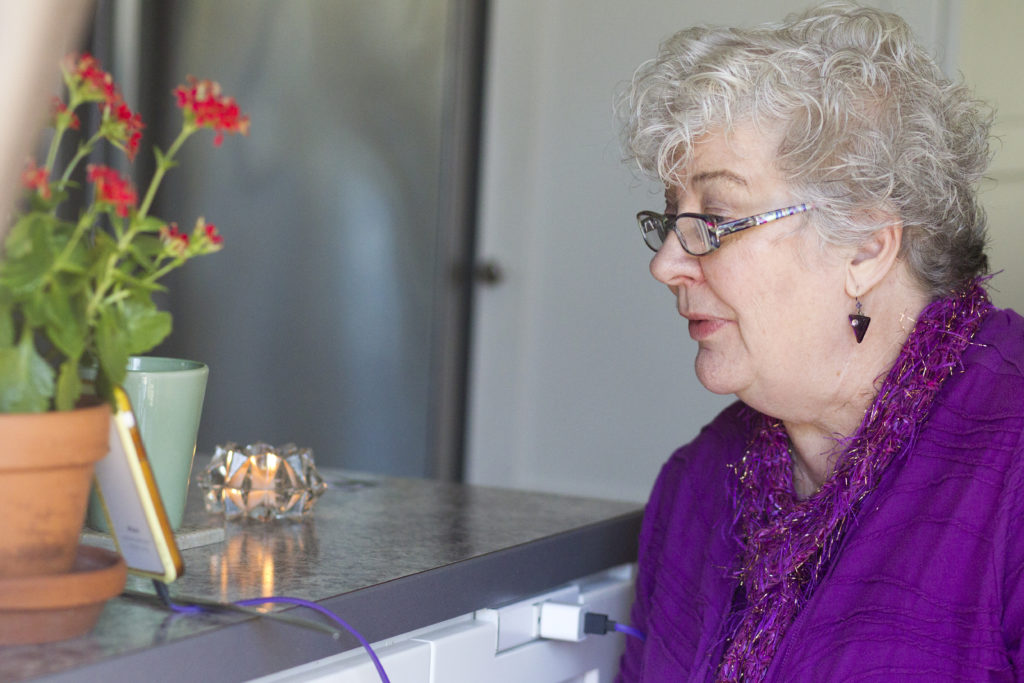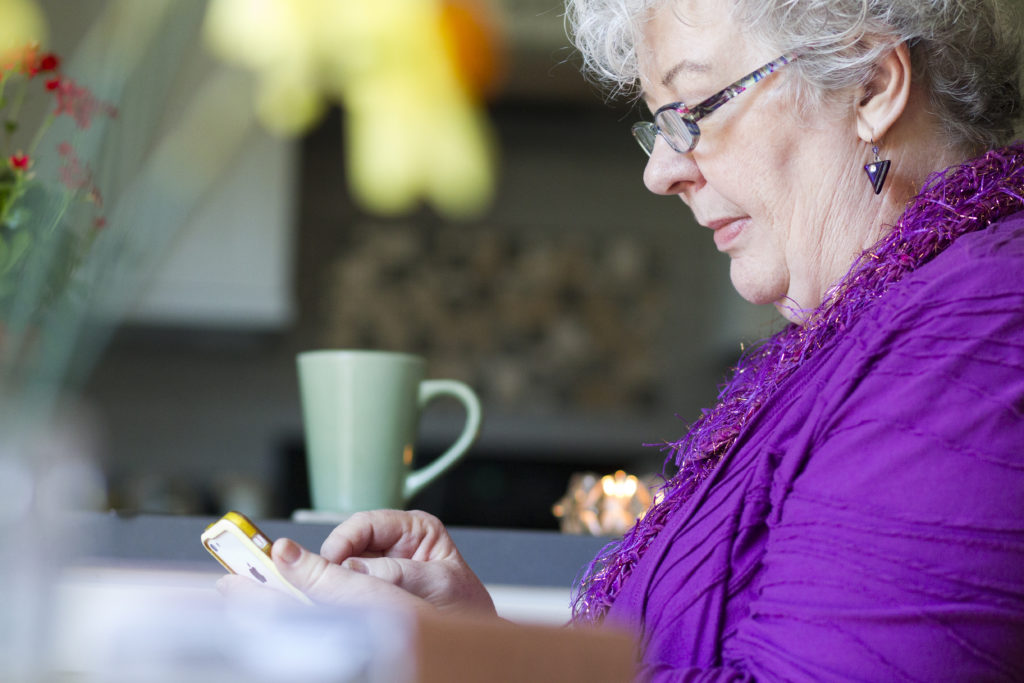
by Susan Fotovich McCabe
Special to The Leaven
On March 16 at 7:11 a.m., Mary Vorsten received her first call from an anxious client. Vorsten is a licensed clinical therapist who treats clients experiencing a range of mental health disorders.
And she is one of those on a list of Catholic counselors recommended by the Archdiocese of Kansas City in Kansas. As such, Vorsten offers both emotional and spiritual support to her clients.
Vorsten’s client was reacting to the anxiety associated with the unknowns surrounding the coronavirus pandemic.
Because it’s new, there’s a lot we don’t know. We do know that it is mild in 80% of cases and most people recover without problems. We also know that the virus can be fatal in older populations and for people with other health conditions.
Recently, we learned from the Centers for Disease Control and Prevention (CDC) that 40% of patients hospitalized for the virus are young — between the ages of 20 and 54. But what is the impact of the virus on people who are being treated for mental health disorders or who thrive on social interaction?
“I never considered canceling. I can’t abandon my clients,” Vorsten said of the need to comply with social distancing recommendations yet continue to see her patients.
“I started thinking about what I could do with technology,” she continued. “I realized that FaceTime and seeing patients face-to-face could be done from my office and their home or a vehicle.”
During the week of March 16, Vorsten had appointments with 14 of her 30 active cases. Four of those canceled for reasons unrelated to the virus. The remaining 10 met with Vorsten via FaceTime and it worked beautifully, she said.
The one-hour appointments continued as usual, and Vorsten spent at least 15 minutes of each checking her patients’ response to the pandemic.

For some, it was the first thing they wanted to discuss. As expected, loneliness, anxiety and depression were just some of the emotions Vorsten encountered.
To prepare, Vorsten did her homework. She researched HIPAA patient privacy laws and her own malpractice insurance before using FaceTime. It was acceptable in both instances. She created lists of new resources she could offer her clients, including online rosaries, daily devotionals and even drawing inspiration from other Christian churches who delivered messages online.
Typically, she has advised clients to check out books from the library by specific authors. But with the libraries closed, she’s now teaching clients how to research credible resources online.
Licensed clinical therapist Bill Art is also on the archdiocese’s list of Catholic counselors. That same week, he began a mix of in-person and phone appointments. He took strict measures to wipe down his office before and after each client.
However, for safety reasons, he’s moving to phone-only sessions.
“I had one client call me on Wednesday to make sure that I was going to be there for their appointment at 2,” Art said. “They were afraid that I would cancel.
“I had one client who is at a loss over the closing of all church activities and not being able to attend Mass in person. This person had missed Mass once in their life.”
Art tailors coping strategies to each of his clients’ personalities. What works for one may not work for another.
“Not being able to practice my Catholic faith in community, especially during this Lenten season, is especially hard and weighs on my thoughts,” Art said. “With my Catholic clients, I can certainly empathize with them and the need to get creative. One person said that they are going to reach out to someone by phone each day to make sure they are OK and pray with them.”
It’s a sentiment Vorsten echoes. “Draw on your faith support,” Vorsten said. “The best antidote to fear is faith.”
Finally, Vorsten said it’s nice to know that technology works at any age.
“I have an 80-year-old client who told ‘Alexa’ on her Amazon Echo to schedule her next appointment,” Vorsten said.
To check out the list of Catholic counselors recommended by the archdiocese, visit the website here.






